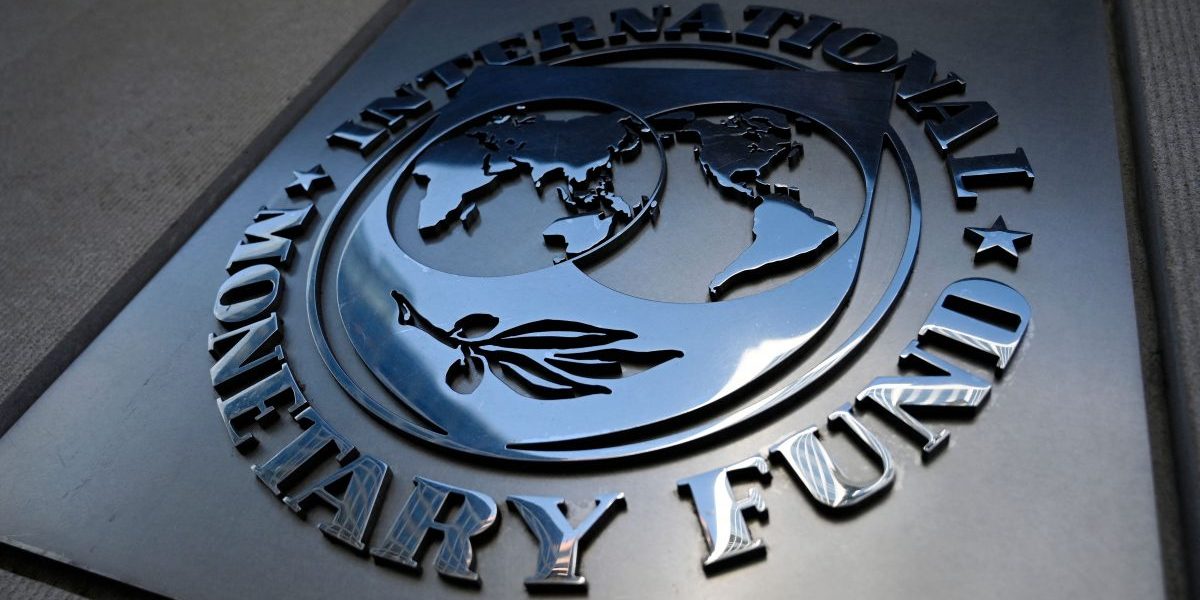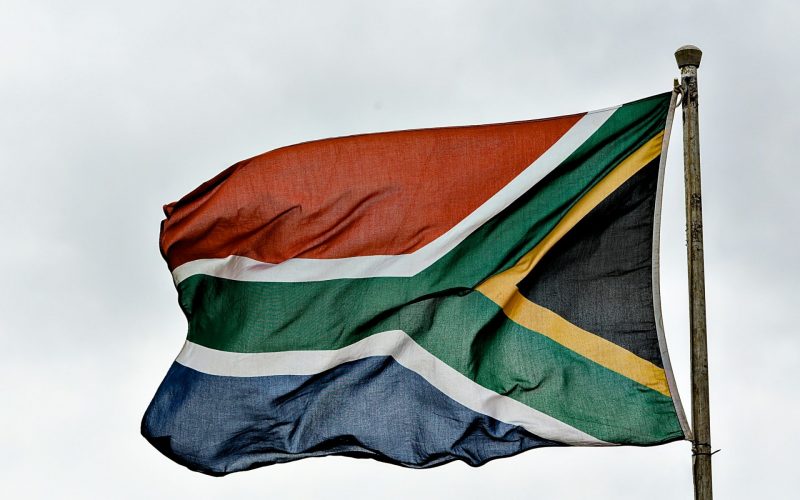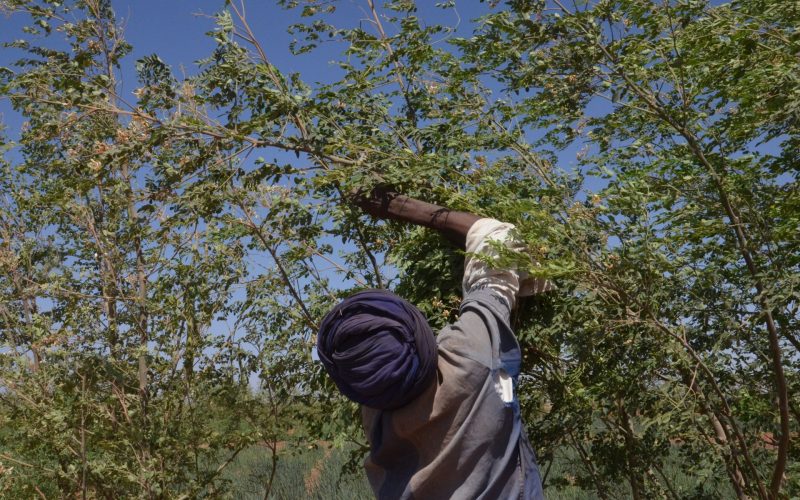Executive summary
Some six years ago the International Monetary Fund (IMF) recognised that climate and related risks were beginning to impact the global economic system and national economies, and would thus have to be considered in its work. The IMF’s primary aim is to promote global financial stability. It provides support to its member states through surveillance (Article IV consultations) and technical assistance, and is the global lender of last resort for countries facing balance-of-payments difficulties. Physical, transition and spillover risks emanating from the need for economies to transition away from fossil fuels all have both short- and longer-term impacts on governments’ macroeconomic fundamentals, hence the IMF’s acknowledgement of the need to integrate climate change into its work. In 2021 the IMF published the Comprehensive Surveillance Review on Integrating Climate Change into Article IV consultations.
The IMF’s move into this area is not without controversy or opposition. This relates to the IMF’s neoliberal policy conditionalities over many decades, which have been unable to deal with the issues of inequality, social exclusion and poverty that characterise many developing countries.
The South African Institute of International Affairs was commissioned by Oxfam South Africa to undertake research into the potential role of the IMF in supporting South Africa’s just transition.
South Africa is among the top 20 global fossil fuel emitters, has the highest Gini coefficient of inequality, and has high poverty and unemployment rates. Its energy challenges related to Eskom’s coal footprint and debt of some ZAR 400 billion ($26 billion) are expected to make the transition to cleaner energy economically and socially very difficult. The just transition concept has been part of the South African debate for over a decade, but recently the government’s Presidential Climate Commission has been engaging with it more robustly, bringing multiple stakeholders into the dialogue. South Africa’s transition risks are significant. Ensuring a just transition for workers in the multiple affected sectors of the economy, as well as surrounding communities and vulnerable groups, will be costly in the medium term, require international support, and necessitate effective institutional implementation and management.
Not all aspects of the just transition fall within the competency of the IMF, and many civil society actors interviewed argued strongly against any IMF involvement. However, given that the IMF is exploring its potential contribution to climate change risks and has indicated that it will focus on the top 20 emitters, this report highlights issues that will need to be considered.
Among its key recommendations to the IMF is that it should develop clear guidelines about when and on what issues it is appropriate to engage, and it should reaffirm the
principle of ‘do no harm’. In addition, it should be careful about avoiding mission creep,
and should recognise where other international organisations have the mandate and the expertise on issues such as labour, for example. It will also be necessary to develop clear operational guidelines for its staff in its Article IV consultations and technical assistance on mainstreaming climate change and just transition considerations into their assessments, and ensuring the systematic involvement of civil society stakeholders and other government departments (not only the finance ministry). Critically, the link between climate change, macroeconomic stability and just transitions requires a serious reappraisal of the IMF’s policy toolkit of fiscal austerity and orthodox economics.
South Africa’s primary engagement with the IMF is through the Article IV surveillance and technical assistance requests. In that sense it is important not to overestimate the influence of the IMF. The National Treasury itself has begun considering the macroeconomic and financial risks of climate change, but the political economy trade-offs of budgeting decisions have to be integrated and mainstreamed more directly. The macro-critical nature of the just transition necessitates wider engagement with government departments on the trade-offs, and better policy coordination to mitigate the social consequences of the energy transition. In this regard the government could identify issues where the IMF could provide technical assistance.
For its part, civil society, while justly sceptical of the IMF’s policy orthodoxy, should engage on its role with government, rather than eschewing engagement, so as to influence where its input might be helpful and where it might not. Importantly for the IMF, its involvement in providing climate transition risk advice will require greater transparency and openness. Often governments prefer to keep such advice confidential, but it behoves the IMF and governments to be more transparent in terms of both the process of decision-making and the substance. The just transition is a whole-of-society, long-term project that requires experimentation, policy innovation, inclusivity and openness for it to succeed and for the necessary political and economic trade-offs to be accepted.







